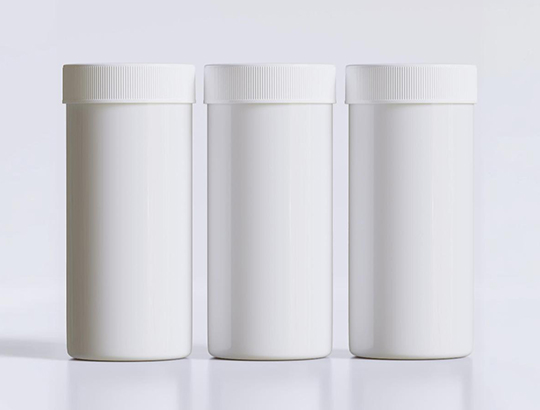Rigid plastic containers, often referred to as plastic cans, are made from strong, durable plastic materials such as polyethylene (PE), polypropylene (PP), or PET (Polyethylene Terephthalate). Unlike flexible plastic packaging, rigid plastic containers retain their shape and do not collapse under pressure. They come in various shapes and sizes, making them adaptable for different applications, and are typically sealed with a lid to protect the contents from external elements.
These containers are known for their sturdiness, making them ideal for packaging products that require protection from impact, moisture, or air. They are widely used in the food, beverage, and industrial sectors.

One of the most notable characteristics of plastic cans is their durability. They can withstand rough handling, stacking, and transportation without losing their shape. Their robust design makes them an excellent choice for products that need added protection, especially when exposed to physical stresses.
Plastic cans provide excellent protection against moisture and air, ensuring that the contents remain safe and fresh. This is particularly important for food and beverage items, where product preservation is key.
Despite their strength, rigid plastic containers are relatively lightweight compared to glass or metal alternatives. This makes them easier to transport and handle, reducing shipping costs and increasing overall efficiency.
Rigid plastic containers can be easily molded into various shapes and sizes. Customization options include colors, labels, and printing, allowing brands to create unique packaging that stands out on the shelf.
Many rigid plastic containers are recyclable, making them an eco-friendly packaging option. With increasing awareness about sustainability, manufacturers are focusing on using recyclable materials in the production of plastic cans.
Rigid plastic containers or plastic cans are used in a wide variety of industries. Their versatility makes them suitable for packaging a diverse range of products:
Plastic cans are frequently used for packaging products like snacks, soups, sauces, dairy products, and beverages. Their ability to protect contents from moisture, light, and air makes them an ideal packaging solution for perishable items. Moreover, their lightweight nature helps in reducing transportation costs for food manufacturers.
From lotions and creams to hair care products, rigid plastic containers are widely used in the cosmetics industry. These containers help protect sensitive ingredients and provide a user-friendly experience with easy-to-open lids.
In the pharmaceutical industry, plastic cans are used for packaging items like vitamins, supplements, and ointments. The airtight seal provided by rigid plastic containers helps prevent contamination and preserve the integrity of sensitive medicines.
Rigid plastic containers are commonly used to package cleaning products, detergents, paints, and other household chemicals. These products often require robust packaging to ensure safety during handling and storage.
Plastic cans are widely used to store lubricants, oils, adhesives, and industrial chemicals. Their durability and resistance to leakage make them perfect for products that are often subjected to tough conditions.
Rigid plastic containers or plastic cans are among the most reliable and versatile packaging solutions available today. Their durability, lightweight design, and protective qualities make them the go-to choice for industries ranging from food and beverage to pharmaceuticals and industrial goods. As the demand for efficient and sustainable packaging continues to grow, plastic cans will remain an essential part of the global supply chain.